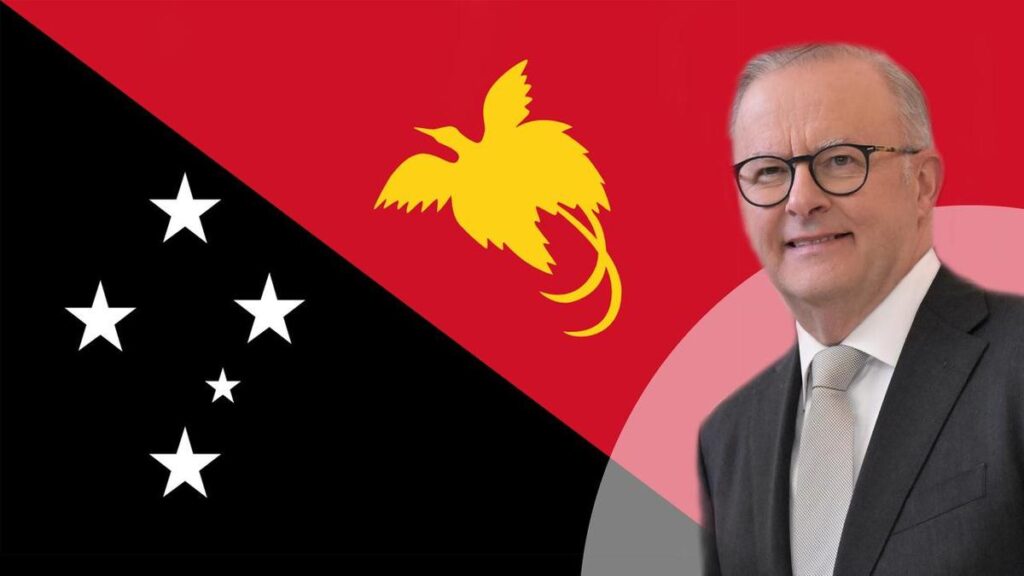
Australia and Papua New Guinea (PNG) are poised to sign a transformative defence treaty during PNG’s Golden Jubilee celebrations. Prime Minister Anthony Albanese will travel to Port Moresby on March 18, 2024, to finalize the agreement with his counterpart, James Marape. This landmark deal is expected to allow PNG nationals to join the Australian Defence Force, receiving the same pay and benefits as other members, while also establishing a pathway to citizenship.
The specifics of the treaty have not yet been disclosed, including whether it will require mutual consultations in the event of security threats, akin to NATO’s Article Four. Ahead of the signing, Albanese underscored the importance of the partnership, stating that it reflects a shared vision for a secure and prosperous Pacific region. He remarked, “Our relationship now is a relationship about security. It’s an economic relationship; it’s about people-to-people relations.”
Significance of the Defence Agreement
Defence Minister Richard Marles characterized the upcoming treaty as a “genuinely historic agreement” that signifies the deepening ties between the two nations. This agreement is particularly notable as it marks PNG’s first defence treaty with another country, positioning it as a pivotal moment for the nation, according to Oliver Nobetau, a research fellow at the Lowy Institute.
The anticipation surrounding the treaty is heightened by questions about its potential exclusivity. If it includes a clause preventing PNG from establishing similar agreements with other nations, such as China, it could be seen as a significant advancement in regional security collaboration. Nobetau stated, “We can define that as a sort of the holy grail of security partnerships in the Pacific, and if you can get that, it can signal a return to greater regional stability.”
Geopolitical Context and Regional Implications
Australia’s defence agreement with PNG comes during a time of increasing competition for influence in the Pacific region, particularly with China. This deal follows challenges faced in negotiating a similar agreement with Vanuatu, highlighting the complexities of geopolitical dynamics in the area.
PNG, which possesses one of the few military forces in the Pacific alongside Fiji and Tonga, sees itself as a “big brother” in the region. As it celebrates 50 years since gaining independence from Australia, there is a growing aspiration for increased regional leadership. Nobetau emphasized that this treaty could redefine PNG’s role in promoting stability and influence among its Pacific neighbors.
As the world watches closely, the implications of this defence partnership may extend beyond just the two nations involved. The outcome could shape the strategic landscape of the Pacific, affecting how countries engage with one another in matters of security and cooperation.







